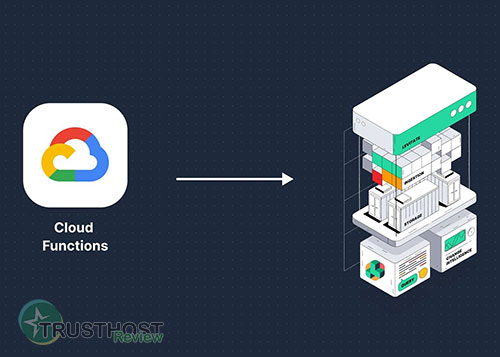Understanding SEO: A Beginner's Guide to Search Engine Optimization
What is Search Engine Optimization (SEO)?
SEO, or Search Engine Optimization, is the practice of optimizing websites and online content to improve their visibility and ranking in search engine results pages (SERPs) like Google, Bing, and Yahoo. The higher you rank for relevant keywords, the more organic (non-paid) traffic your website receives.
Why is SEO Important?
In today's digital landscape, SEO is crucial for any website's success. Here's why:
- Increased Visibility & Branding: Higher rankings make your website more visible to potential customers, enhancing brand awareness and authority.
- Organic Traffic Generation: SEO drives targeted traffic to your site, attracting users actively searching for information related to your products or services.
- Cost-Effective Marketing: Compared to paid advertising, SEO provides a long-term, sustainable strategy for generating leads and conversions.
- Improved User Experience: SEO involves optimizing website structure and content for user-friendliness, leading to a better experience for visitors.
Key Elements of SEO:
Effective SEO encompasses various on-page and off-page optimization techniques, including:
On-Page SEO: Optimizing elements on your website, such as:
- Keyword Research: Identifying relevant keywords that potential customers use to search for your content.
- Content Optimization: Creating high-quality, informative, and engaging content that incorporates target keywords naturally.
- Title Tag & Meta Description Optimization: Crafting compelling and keyword-rich titles and descriptions to improve click-through rates from SERPs.
- Website Structure & Navigation: Ensuring a user-friendly website architecture with clear navigation, logical hierarchy, and optimized internal linking.
- Image Optimization: Using descriptive file names, alt tags, and compressed image sizes to improve page load speed and accessibility.
Off-Page SEO: Building authority and credibility through external factors, such as:
- Link Building: Acquiring high-quality backlinks from reputable websites to signal trust and relevance to search engines.
- Social Media Engagement: Promoting your content on social media platforms to increase visibility, drive traffic, and encourage social sharing.
- Local SEO: Optimizing your online presence for local searches, crucial for businesses with physical locations.
Staying Up-to-Date with SEO
Search engine algorithms are constantly evolving. To maintain and improve your rankings, it's essential to stay informed about the latest SEO best practices, algorithm updates, and industry trends. Regularly audit your website's performance, analyze data, and adapt your SEO strategies accordingly.
















